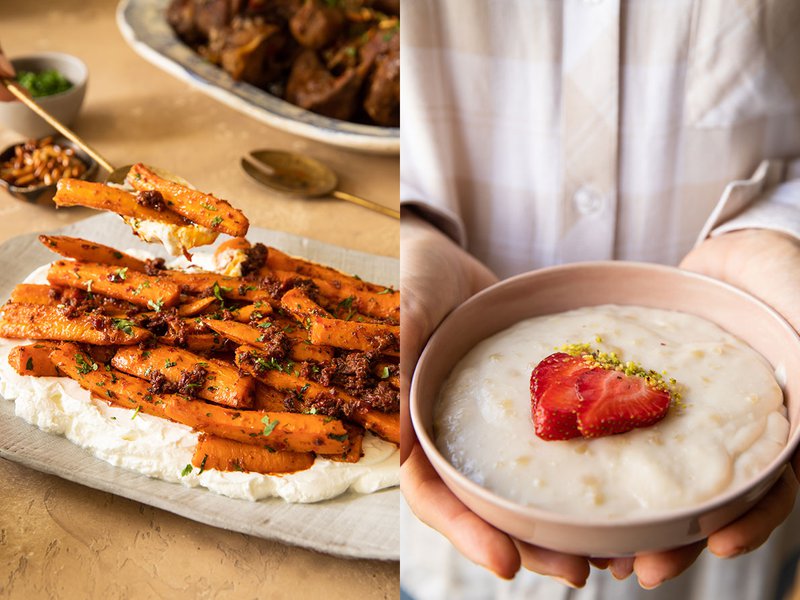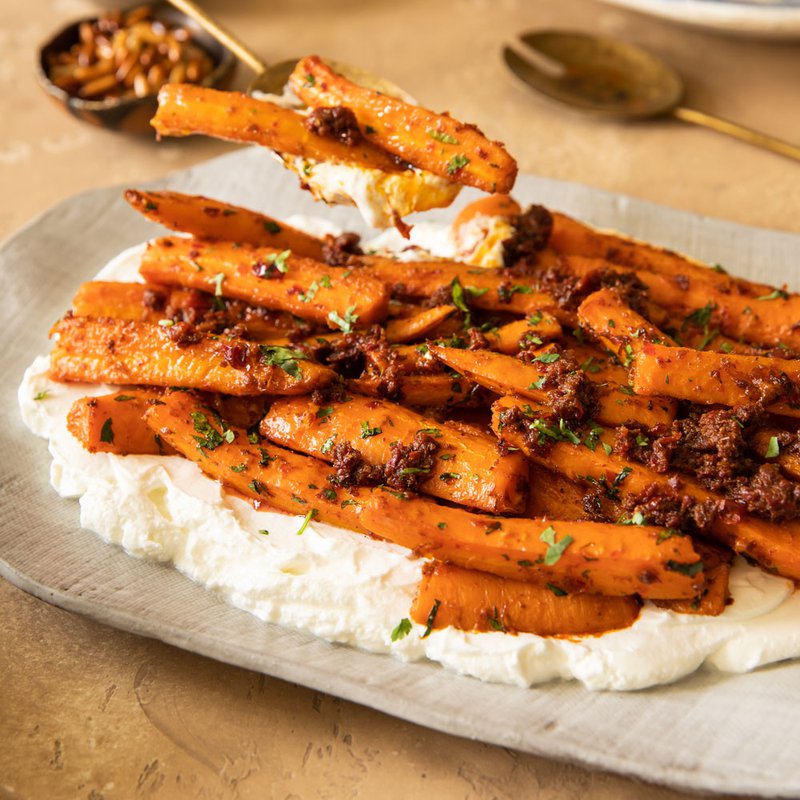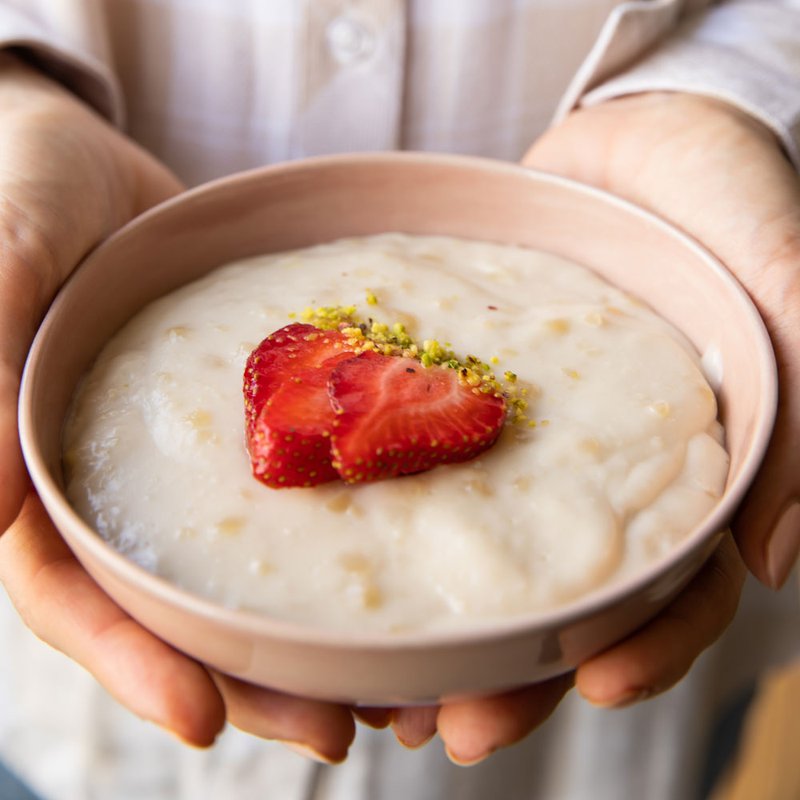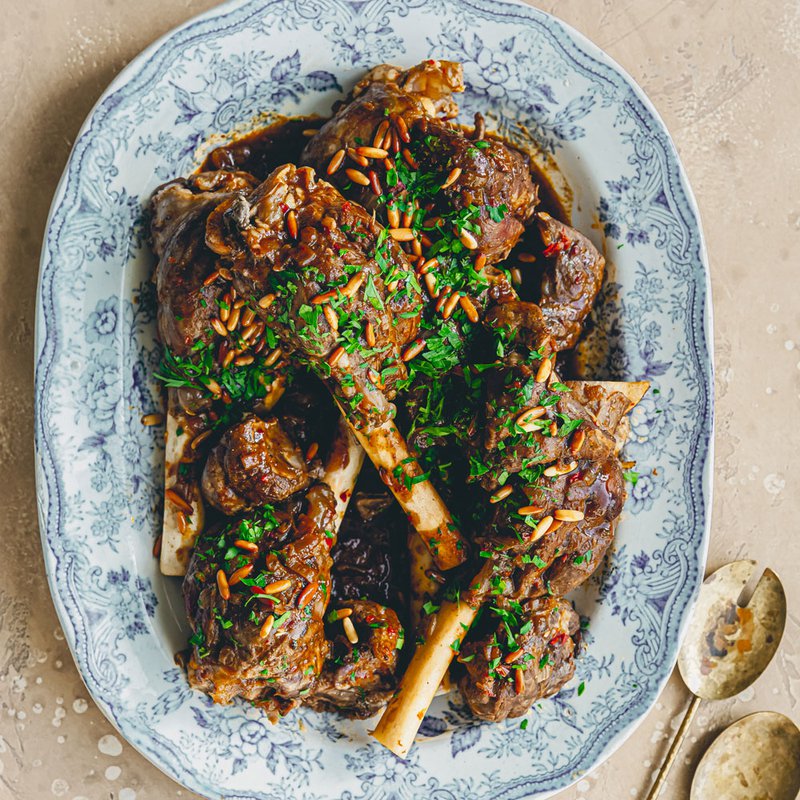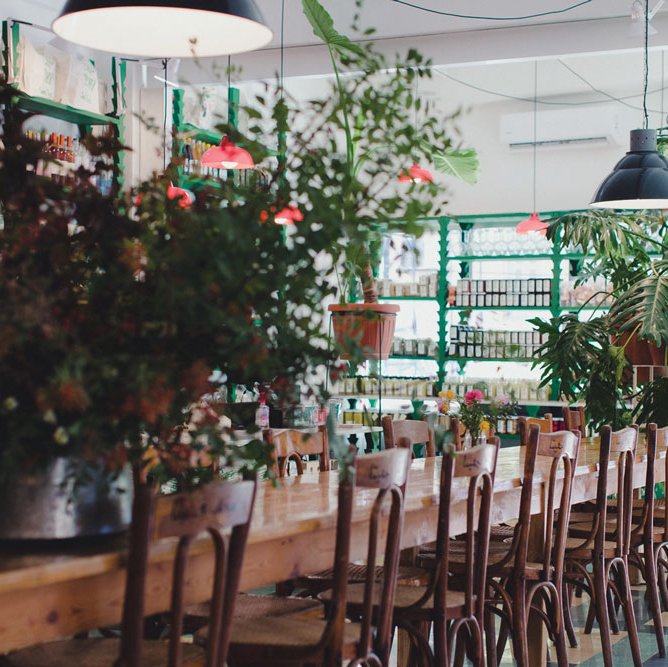Food has a magical way of comforting and fostering a sense of community. Omayah Atassi be-gan recreating family recipes as a way to feel closer to her roots and share the beautiful fla-vours of Syrian cuisine with foodies in the UAE. We sat down with her one afternoon to find out more about her journey
A relative newcomer to Dubai’s food scene, Omayah Atassi arrived in the city three-and-a half years ago from Chicago, USA, where she grew up. In that time, she’s already carved a niche for herself as a food writer, recipe developer, food stylist and photographer, and supper club host.
“I’ve always had a passion for cooking. I loved to cook and taught myself, especially after I moved out of my parents’ house to attend university in New York. I kept broadening my knowledge base by reading and experimenting,” says Omayah.
However, it wasn’t until she shifted base to the UAE that she began focusing on the food she grew up eating. Omayah is quick to point out that this was largely due to the fact that she’d taken it for granted. Up until that point, her mother’s kitchen had always been accessible and she’d also spent several summers during her childhood with extended family in Syria, enjoy-ing the dishes prepared by her grandmothers, aunts and uncles.
“My maternal grandmother would usually make mahshi ara (stuffed long green pumpkin) for our first big meal there. She’d stuff the pumpkin with a mixture of rice, meat and spices and cook it in tomato sauce. It was absolutely delicious,” recalls Omayah. “After I moved to Dubai I really wanted to replicate my family’s traditional recipes, so I merged my interest in food photography with cooking, which gave birth to my blog Omayah Cooks.
Her natural talent soon caught the eye of local foodies, who began asking her to cook for them.
“Stuff like that seems to happen in Dubai,” says Omayah with a chuckle. “A friend of mine who hosts his own supper club really encouraged me to dive right in, so I did. I got a lot of positive feedback and it was a great platform for me to share my family’s stories and heritage with diners, many of whom had not been exposed to traditional Syrian cooking.”
One of her most popular dishes were bite-sized doughnuts filled with Middle Eastern flavours, which she also sold for a brief period during the early days of the pandemic.
Since then, Omayah’s focus has shifted to private dinners, which she feels allows for more creative freedom as she combines her clients’ inputs with her own ideas to craft fresh menus featuring authentic Syrian dishes as well those with contemporary twists.
When asked where she sources ingredients from, she says, “Bait al Moona al Halabi and Al Douri Mart in Sharjah are always reliable, but I also use an app called Moontna, through which I order fresh produce such as aubergines from the cities of Homs and Hama in Syria, as well as Aleppo peppers.” Omayah tells us that several cities in Syria are associated with specifi c dishes and ingredients. Homs, which is where her family is from, is famous for fatteh, which gets its name from day-old Arabic bread that gets made into croutons. Damascus is es-pecially known for the use of fresh coriander. Aleppo, besides its namesake pepper, is also known for mahshi (stuffed vegetables) and kibbeh, which are either baked, cooked in stews or fried.
And Aleppo peppers are the key ingredient in one of the three recipes Omayah has shared with us. Her roasted carrots with Aleppo pepper paste and labneh was inspired by a recipe from awardwinning food website Serious Eats. She’s also taken the popular Middle Eastern dessert kishk al fuqara and given it a vegan twist by making it with almond milk and coconut cream, “which gives it a luscious creaminess,” adds Omayah.
@omayah.atassi

